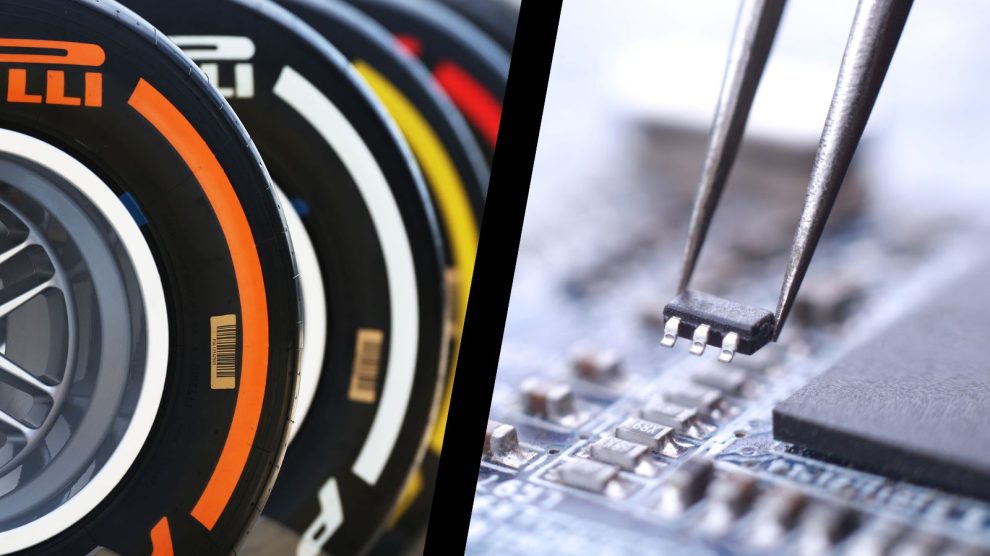Pirelli’s pit-stop was postponed. The Italian government is taking an extra two weeks to consider whether to activate the Golden Power – its ability to limit foreign actors to protect the national economic interest – in relation to Pirelli, a leading Italian tyremaker. The executive now has until June 23 to decide how to act.
- Reportedly, Rome intends to reduce the influence of SinoChem (which owns 37% of the company and is controlled by Beijing’s powerful State Council) and the government-owned Belt and Road Initiative Fund, which has a 9% stake in the company.
- Analysts at Intermonte, a consultancy, believe the government will likely adopt measures to curb the Chinese company’s reach, probably by forcing a stock sell-off to existing Italian investors.
Strategic concerns. The chief worries relate to SinoChem’s increased ability to influence Pirelli’s decisions and the composition of its management, the transfer of sensitive technologies, and the risk of the company losing access to Western and Asian markets due to its strong ties with China.
- During a closed-door hearing on Tuesday, Pirelli’s CEO Marco Tronchetti Provera reportedly said that SinoChem has been interfering quite a lot with the company’s operational management and requiring the integration of its IT systems with those of Pirelli’s subsidiaries in China, according to Repubblica.
- An earlier piece by the Financial Times revealed that Mr Tronchetti Provera believes that “the Chinese are dangerous and the future of Pirelli is in peril” – thoughts he reportedly shared with the government…
- … and official documentation seen by Il Messaggero highlights that SinoChem had been invited by the Chinese Communist Party to adopt the guidelines of the 20th Congress on increasing political control over investee companies.
A trailblazing decision. The executive’s choice on Pirelli is highly significant, as it could preview what kind of approach it will implement with a series of other China-related dossiers. Among them is that concerning CDP Reti, which manages equity investments in infrastructure and utilities companies Snam, Italgas and Terna and whose 35% is in the hands of the Chinese public giant State Grid Corporation of China.
- Meanwhile, Italy is mulling whether to exit the Belt and Road Initiative altogether – and although Prime Minister Giorgia Meloni has signalled she’s leaning towards dropping out, she has remarked that talks are still ongoing and no decision has been taken yet.
Meanwhile, STM crops up in China. On Wednesday, the Italo-French chipmaker STMicroelectronics (which is being heavily subsidised by both countries for its new European plants to build up the bloc’s strategic chip autonomy) signed an agreement with Sanan Optoelectronics, a market leader in composite semiconductors in China, to create a manufacturing joint venture in Chongqing, China.
- This JV will be funded with $3.2 billion (with 2.4 billion over the next five years coming from the companies and the rest from loans and Chinese government subsidies) to build a new plant and start production in late 2025.
- The product is a 200mm silicon carbide device, highly sought after for building electric vehicles and industrial applications for energy and power. And Sanan intends to produce them en masse for STM using the latter’s proprietary technology.
- Seeing as there’s an extremely high risk of the Chinese government acquiring STM’s chip technology – which is crucial for Xi Jinping’s plan to boost China’s national chip industry – this operation is also expected to come under Golden Power controls.





